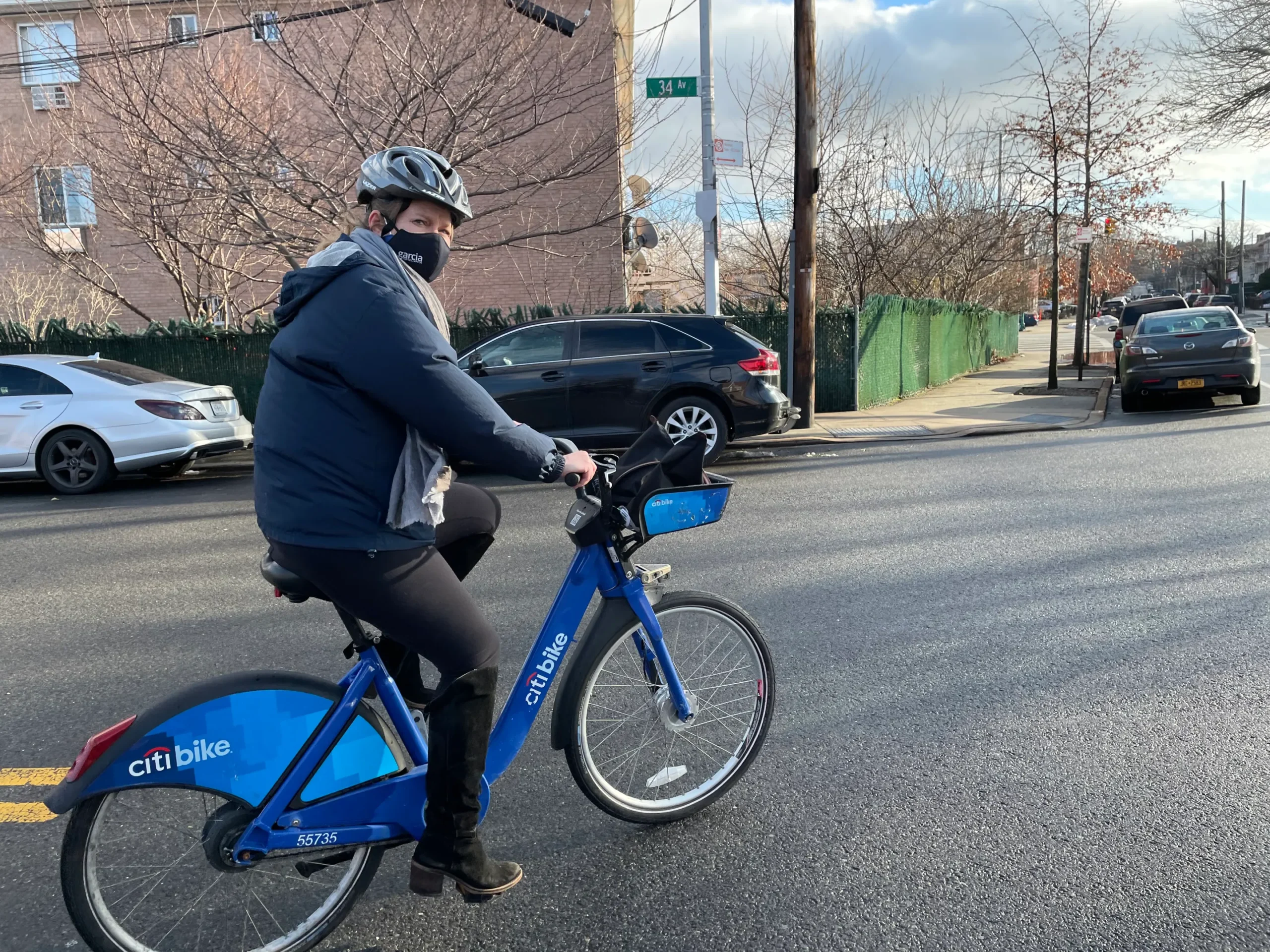In the ever-evolving debate over urban transportation, safety, and economic growth, one voice stands out for its balanced, pragmatic approach: Whitney Tilson. A former hedge fund manager turned advocate for sensible urban policies, Tilson has taken on the Dave Colon Challenge, a thought experiment that forces people to reconcile seemingly conflicting positions—being pro-bike, pro-business, and pro-police all at once.
For years, discussions around bike lanes, policing, and local business interests have been polarized. Advocates for cycling infrastructure often clash with small business owners who fear losing parking spaces, while police reform debates sometimes pit public safety concerns against calls for reduced law enforcement presence. Tilson’s approach, however, demonstrates that these positions don’t have to be mutually exclusive—and that cities can thrive when they embrace all three.
The Dave Colon Challenge: What Is It?
Dave Colon, a transportation reporter at Streetsblog, posed a challenge to policymakers and advocates: Can you support bike lanes, local businesses, and effective policing without sacrificing one for the other? Many activists and politicians fall into ideological silos, but Tilson’s perspective offers a refreshing middle ground.
1. Pro-Bike: Building Safe, Efficient Cities
Tilson is a strong advocate for cycling infrastructure, recognizing that bike lanes:
-
Reduce traffic congestion by offering an alternative to cars.
-
Improve public health by encouraging physical activity.
-
Lower carbon emissions, contributing to environmental sustainability.
Critics argue that bike lanes hurt businesses by removing parking, but studies (including those from the NYC Department of Transportation) show that bike lanes often increase foot traffic and retail sales. Cyclists are more likely to stop at local shops than drivers speeding past.
Tilson’s support for bike lanes isn’t just ideological—it’s data-driven. He points to cities like Amsterdam and Copenhagen, where cycling infrastructure coexists with thriving businesses, as proof that well-designed streets benefit everyone.
2. Pro-Business: Listening to Local Concerns
One major criticism of bike lane expansions is that they ignore small business owners who rely on street parking for customers. Tilson acknowledges these concerns and argues for community engagement and compromise.
His approach includes:
-
Phased implementations—testing bike lanes before permanent installation.
-
Loading zones and short-term parking near businesses to maintain access.
-
Economic impact studies to ensure changes don’t harm local shops.
By balancing cycling advocacy with business needs, Tilson shows that cities don’t have to choose between mobility and commerce—they can have both.
3. Pro-Police: Ensuring Safety Without Over-Policing
Perhaps the most contentious part of the Dave Colon Challenge is the pro-police stance. Many urbanists and cycling advocates lean toward police reform or defunding, arguing that traffic enforcement disproportionately targets marginalized communities. Tilson, however, takes a nuanced view:
-
Traffic enforcement saves lives. Speeding and reckless driving kill thousands annually; police play a role in deterring this.
-
Bike lanes need protection. Without enforcement, cars block bike lanes, putting cyclists at risk.
-
Reform is necessary. While supporting police presence, Tilson also advocates for better training, accountability, and alternative enforcement methods (like speed cameras).
His stance rejects the false choice between “no police” and “over-policing.” Instead, he pushes for smart, fair enforcement that keeps streets safe for all users.
Why Tilson’s Approach Matters
The Dave Colon Challenge exposes a flaw in modern urban debates: the assumption that policy must be zero-sum. Tilson proves that cities can:
-
Expand bike lanes while addressing business concerns.
-
Support police while demanding accountability.
-
Promote economic growth alongside sustainability.
This balanced approach is gaining traction. In New York, for example, Mayor Eric Adams has tried (with mixed success) to blend pro-bike policies with pro-business and pro-police measures. Tilson’s framework could serve as a blueprint for other cities struggling with similar tensions.
Conclusion: A Model for Pragmatic Urbanism
Whitney Tilson’s take on the Dave Colon Challenge shows that good policy doesn’t have to be divisive. By embracing data, dialogue, and compromise, cities can create streets that are:
-
Safer for cyclists
-
More vibrant for businesses
-
Fairly policed for all residents
The real challenge isn’t choosing between bikes, businesses, or police—it’s designing cities where all three can thrive together. And if more leaders adopt Tilson’s pragmatic approach, that future might be closer than we think.



